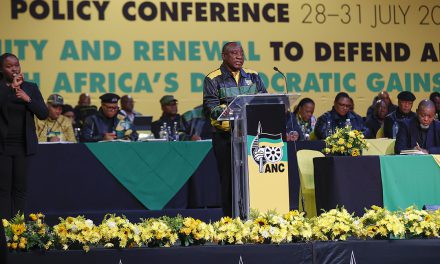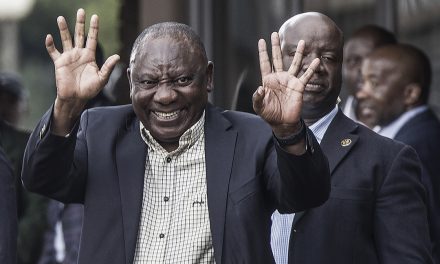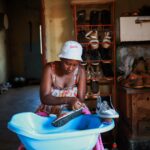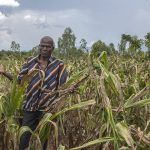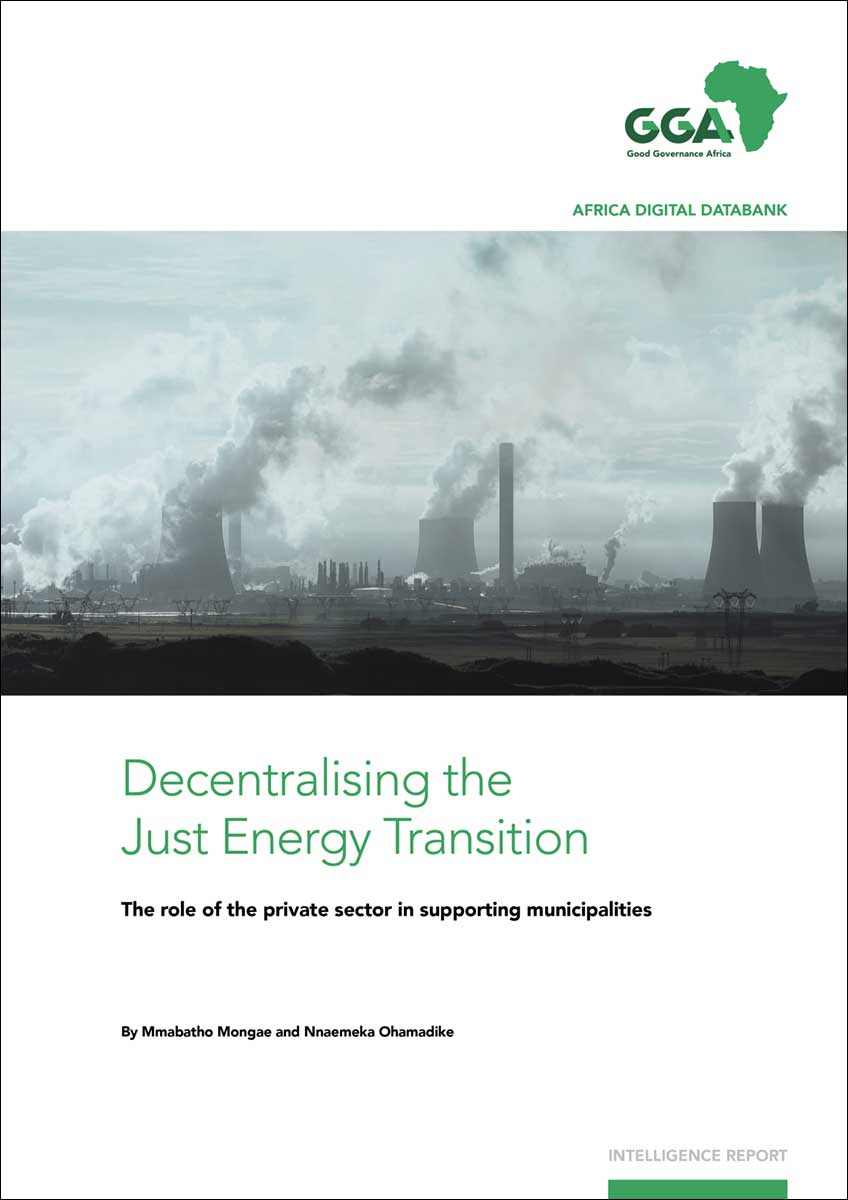
With nearly 86% of its carbon dioxide (CO2) coming from coal, South Africa is one of the world’s most coal-dependent countries. Additionally, it produces nearly a quarter of the continent’s total carbon emissions. Its economy is highly dependent on agriculture and mineral extraction, which are energy-intensive. Importantly, South Africa is subject to climate variability and change. The effects are exacerbated by dysfunctional municipalities’ limited ability to build climate resilience systems and ensure robust disaster risk management. With local government administrative instability, service delivery failures, and financial mismanagement highlighted by Good Governance Africa’s (GGA) Governance Performance Index (GPI), societal stakeholders bear the brunt of dysfunction, particularly amidst escalating climate-induced natural disasters, which further strain government resources. As such, the fight against climate change requires a coordinated response from government, the private sector, and citizens. Presently, citizens do not identify the private sector as a key stakeholder in mitigating climate change. This suggests that the private sector does not have a visible presence in the fight against climate change, thereby presenting the private sector with an opportunity to support the decentralisation of the just energy transition. These efforts can also form part of attempts by the private sector to mainstream Environmental, Social, and Corporate Governance (ESG) best practices.






